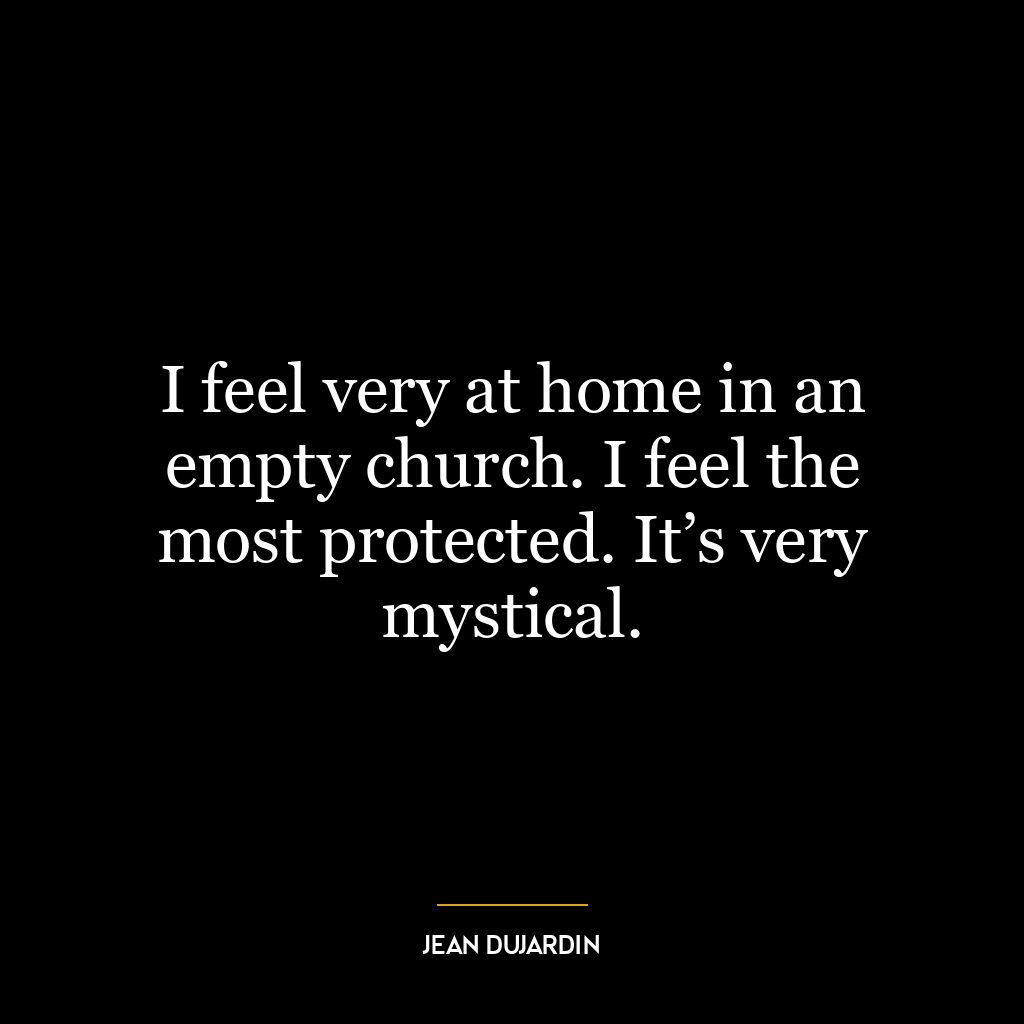This quote suggests that solitude is not just a state of being alone but a powerful tool used by the divine to teach us the art of coexistence. It implies that when we are alone, we are given an opportunity to reflect, introspect, and understand ourselves better, which in turn allows us to connect more deeply and harmoniously with others.
Solitude gives us the space to explore our thoughts, feelings, and behaviors without the influence or judgment of others. In this space, we can identify our strengths, weaknesses, and values. This self-awareness and self-understanding is the foundation of empathy, tolerance, and respect for others. We learn to appreciate the diversity of human experiences and perspectives. We become more patient, understanding, and accepting of differences. We learn to listen, to compromise, and to navigate conflicts in a more mature and constructive way.
This idea is especially relevant in today’s world where we are constantly bombarded by external stimuli. In the era of social media and constant connectivity, we rarely have the chance to be alone with our thoughts. But stepping back from the noise and spending time in solitude can help us to reset, recharge, and gain clarity. It can make us more grounded and centered, which can improve our relationships with others.
In terms of personal development, embracing solitude can be a powerful way to foster self-growth. It gives us the opportunity to reflect on our life, our choices, and our direction. It allows us to evaluate our relationships and how we interact with others. It can help us to identify areas where we need to grow or change. It can also give us the courage and confidence to make those changes. So, while solitude can sometimes feel uncomfortable, it can also be a catalyst for personal transformation and growth.









